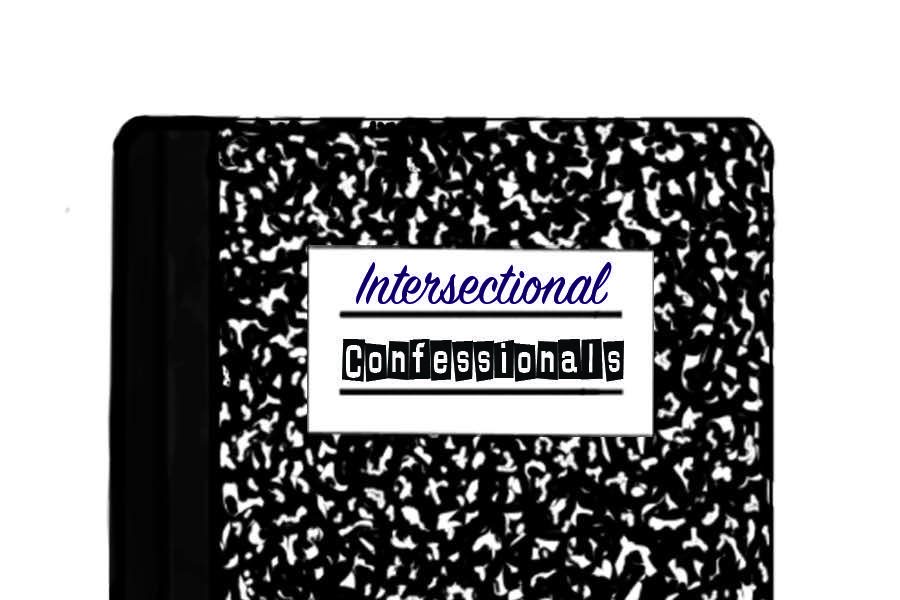Letter from Intersections editors: The Hullabaloo introduces “Intersectional Confessionals” column
For two years, Brainwaves has served as an outlet for students to share their struggles with mental health. The column, started by Tulane students, allowed outside writers to submit personal narratives on their experiences to the paper anonymously or under their names.
While Brainwaves did shed light on important topics that directly related to some students’ struggles with mental health, many may have felt that the column did not reflect the issues of all students within our community.
After the creation of Intersections last year, and a reflection on how mental health issues are often outcomes of living with marginalized identities, Brainwaves was integrated into the section last spring.
With the adoption of Brainwaves into Intersections, the column has evolved to focus more on the personal struggles students face from their marginalized identities, such as how race or immigration status can affect a student’s mental health and well-being.
While many of these stories still include aspects of mental health, there has been a shift away from explicit mental health themes to highlight some of the more nuanced detriments to mental health and well-being that inherently come with belonging to a targeted or marginalized identity.
As editors, it was important to us to find a more appropriate way to represent and categorize these stories. It is in this spirit that Intersections has rebranded the section into a new series: Intersectional Confessionals.
Intersectional Confessionals will highlight the stories of those who have often been left out of the dominant dialogue. In this new column, we hope to shed light on the stories of these students by creating a space for them to speak openly and honestly about their experiences on and off Tulane’s campus.
Historically, the stigmatization of mental health within marginalized communities has made the telling of these stories difficult. Specifically, in communities of color, there are interpersonal and institutional barriers to accessing mental health services.
The LGBTQ+ community is at a higher risk for mental health issues than the non-LGBTQ+ identifying population. According to the National Alliance on Mental Illness, “LGBTQ individuals are almost 3 times more likely than others to experience a mental health condition such as major depression or generalized anxiety disorder.” Members of these communities also have higher rates of suicide and substance abuse.
Adding gender expression, economic status, education level, nationality and ability into the analysis only complicates the contestations of many of these narratives.
In a commitment to delivering these stories honestly, some of the content in Intersectional Confessionals may be serious or emotional, while other content will lean toward a more casual tone. On more sensitive topics, we will always try to include content warnings.
It is our hope that Intersectional Confessionals can begin to do the work of looking at how these identities interact, intersect and overlap to produce more honest, thorough and oftentimes necessary conversations.
If you want to contribute to Intersectional Confessionals, email us at intersections.hullabaloo@gmail.com.
Your donation will support the student journalists of Tulane University. Your contribution will allow us to purchase equipment and cover our annual website hosting costs.



